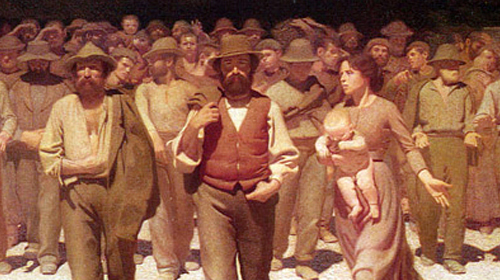International
-
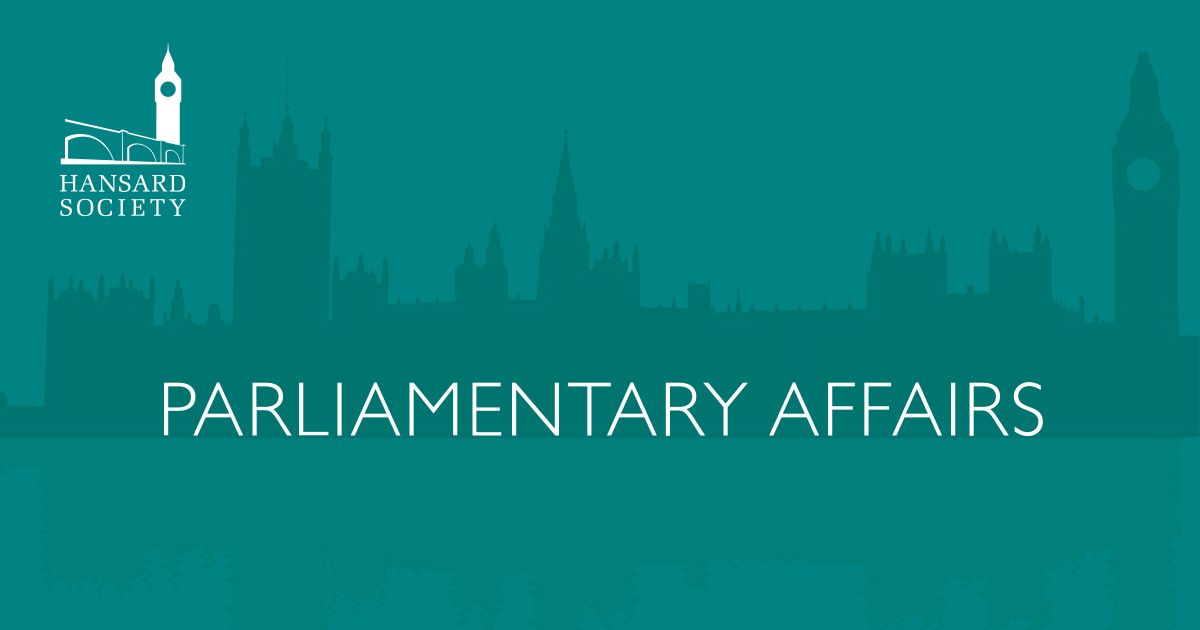
Paralysed Governments: How Political Constraints Elicit Cabinet Termination
To cite the article: Improta, M. (2023), ‘Paralysed governments: How political…
-
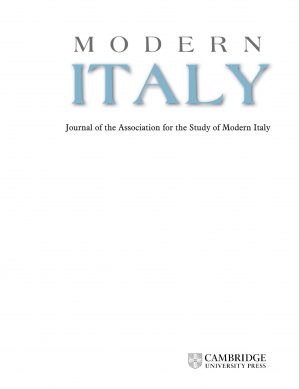
What’s new under the sun? A corpus linguistic analysis of the 2022 Italian election campaign themes in party manifestos
To cite the article: Trastulli, F., & Mastroianni, L. (2023). What’s…
-

When institutions matter: electoral systems and intraparty fractionalization in Western Europe
To cite the article: Emanuele, V., Marino, B., and Diodati, N.…
-
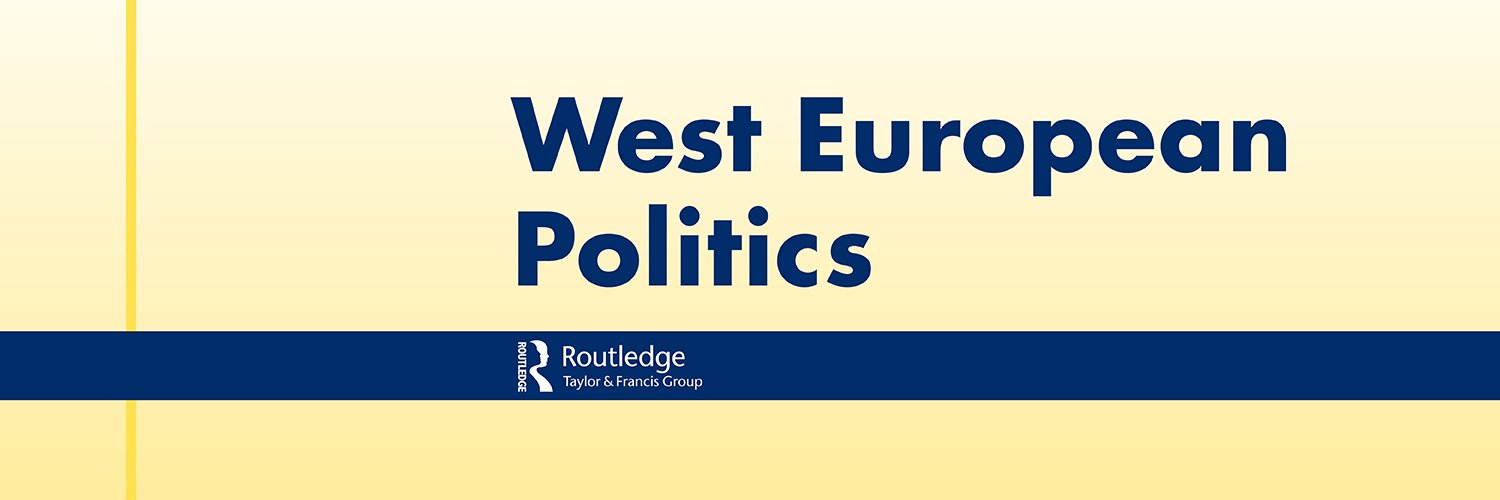
Going technocratic? Diluting governing responsibility in electorally turbulent times
To cite the article: Emanuele, V., Improta, M., Marino, B., and…
-

Introducing the Late Spring 2021 CISE Seminar Series
A new, short series of five online seminars by CISE researchers,…
-

Non saranno strategie basate su temi concreti ad aiutare Trump. Ecco perché
Riproduciamo qui tradotto un articolo apparso oggi sul blog EUROPP della…
-
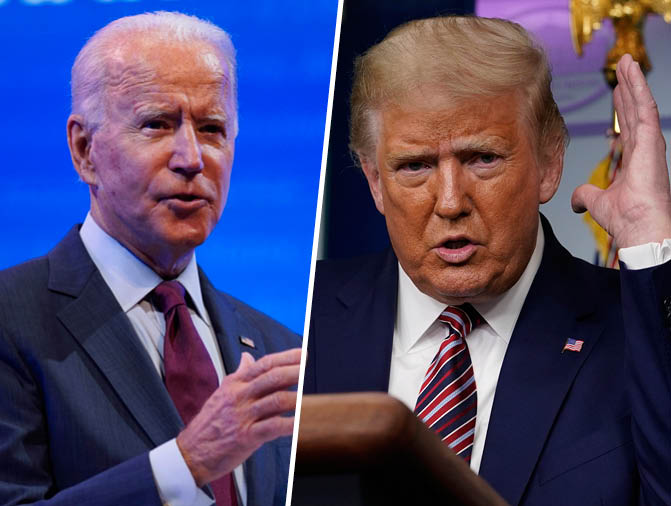
Our exclusive survey on the US: Biden’s advantage, issue by issue
Four weeks ahead of the US presidential election, most polls report…
-
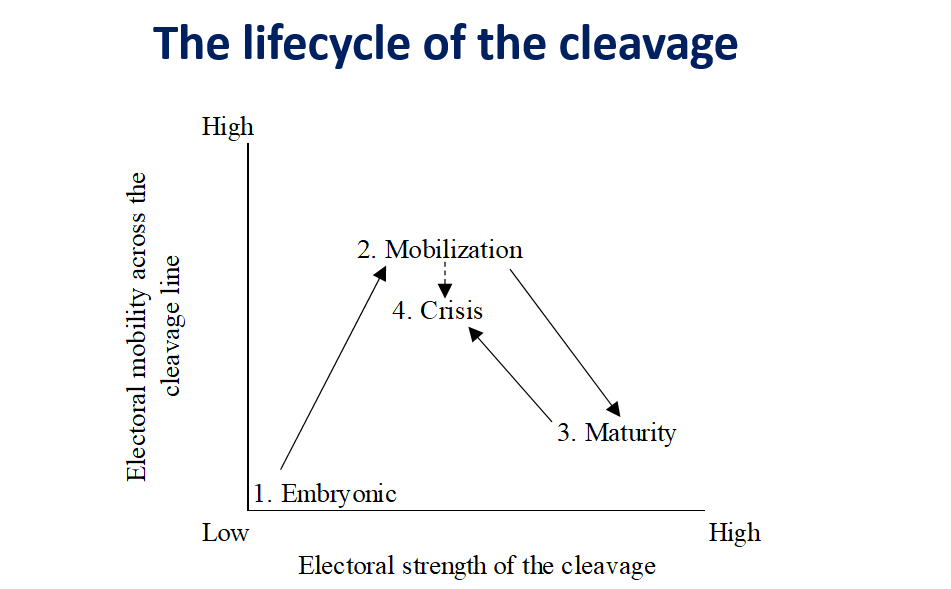
The congealing of a new cleavage? The evolution of the demarcation bloc in Europe (1979–2019)
Per citare l’articolo: Emanuele, V., Marino, B. and Angelucci, D. (2020),…

